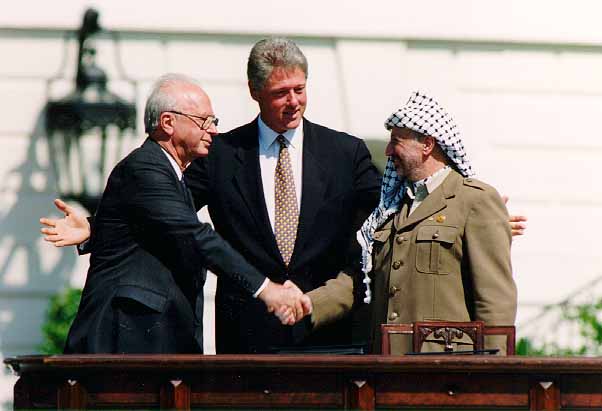Diplomacy in International Relations
Diplomacy in international relations is the daily interaction between states often through the use of negotiations and discussions. International diplomacy takes place in the world system, and through a number of events, conversations, communications, etc…. International diplomats speak in person, through electronic communications, as well as representatives. Many times these meetings are public and private. They can be held in the country of the head, international organizations like the United Nations or elsewhere.In fact, work on the problems through negotiations is an important element of diplomacy and international relations. Often leaders may disagree on trade policy, foreign policy, or other issues of importance to them. Diplomacy is often encouraged instead of using violence to settle the dispute.
There are countless cases of diplomacy in international relations, a number of writings discuss the idea of diplomacy, as well as case studies on diplomatic efforts between the different actors.
International diplomacy has been an integral part of international relations for centuries, and yet, continues to be a critical component of international relations work. As Hocking et. al. (2012) explain in their discussion of international diplomacy, “”the practice of public diplomacy has assumed centre stage. Whilst for some these may be welcome developments, for others they are deviations from traditional diplomatic functions of political interpretation, reporting and policy analysis.”
Developments of Diplomacy in International Relations
Scholars point out the ever-changing nature of diplomacy in international relations. While there are always new developments in how country or non-country representatives interact with one another, it can be argued that today offers a number of new elements to keep in mind when thinking about how diplomacy is done. For example, while the state actors continue to play a role in diplomacy, today, with the advent of the Internet and the various forms of media, this has led to the rise in non-state actors. As Hocking et al. (2012) explain, it is not just the rise of NGOs that need to be taken into account, but rather, “The expansion in the number and variety of international actors empowered by the ICT and social media. These actors now extend beyond traditional NGOs to more amorphous civil society groups” (5).
What is can mean for diplomacy in international relations is that diplomats and/or representatives often have to now work with with many different representatives on a particular issue. As Hocking et. al. (2012) explain, “One of the key challenges confronting both the structures and processes of diplomacy is the need to work with ‘coalitions of the willing’. How can these be constructed and managed? How can the qualities of the broad range of ‘stakeholders’ with whom professional diplomats now need to operate be determined and leveraged for the delivery of policy objectives? Answers to these and related questions are sought at all levels of diplomatic activity, not least the foreign ministry and the overseas diplomatic network” (13).
Another development in the field of diplomacy and international relations has to do with the sorts of issues that are being discussed. Traditionally, international relations diplomacy was centered on matters of war (conflict), and economics (often in the form of international trade). Much of the past diplomacy was concentrated on state security, namely, ensuring the survival of territory controlled by a leader. While state security still matters today, there is also a great deal of attention to human security. Human security is the focus on the health and safety of human beings, and their environment. Today, there is much more attention to matters of human security than ever before. Because of this, those working on diplomacy in global affairs have to be versed in these matters, and understand the importance of human security, as well as more ‘traditional’ state security matters (Hocking et. al, 2012).
Again, this is not to suggest that state security does not take up a great deal of interest and time for diplomats in international relations. In fact, some argue that any resurgence of such security issues (Hocking et. al, 2012) has led to the need for continued diplomatic efforts on these fronts.
Diplomacy in international relations in the advent of new technological developments. With new technologies, the world that we live in today offers new opportunities and challenges for diplomacy (Hocking et al, 2012). On the one hand, because of new and/or better technologies (such as more air transportation, the rise of the Internet, mobile phones, social media, etc…) we are now able to communicate with one another easier and cheaper, and at far distances, than ever before. We are able to share ideas, to address concerns, and to maintain this contact through our conversations. At the same time, there are challenges that such an environment can provide when working on international diplomacy.
For example, just as the Internet, websites and email can offer exciting ways to maintain communication, there are are serious risks when carrying out diplomacy through these mediums. Issues such as cyber security continue to be a real threat to the protection of information and of communication between parties. As Hocking et. al. (2012) write “From the electric telegraph to Web 2.0 and Wiki Leaks, how information is passed between the critical actors in international politics and ever-broadening constituencies has generated intense introspection about what professional diplomats do and how they do it. The pressures on diplomatic structures reflect fluctuating demands. To the current reassertion of the need for diplomats to adopt a commercial role, are joined the need to enhance what has long been seen as consular diplomacy in an era where crises impact on a globalised, increasingly mobile citizenry” (15).



